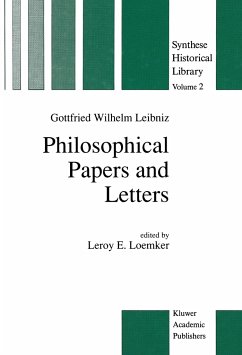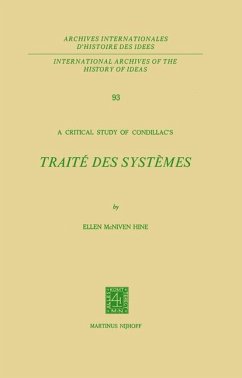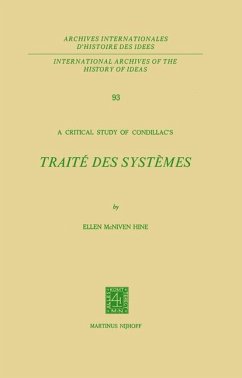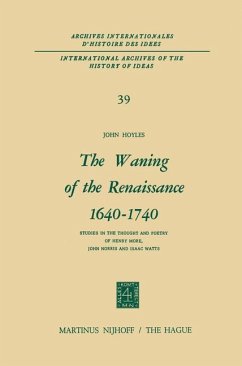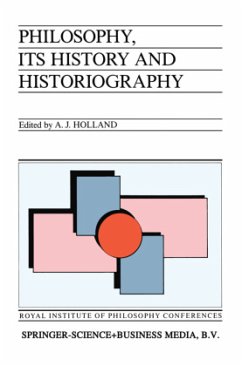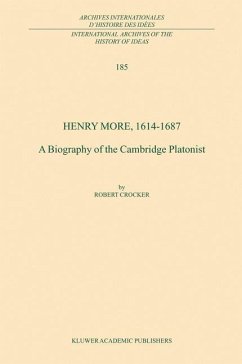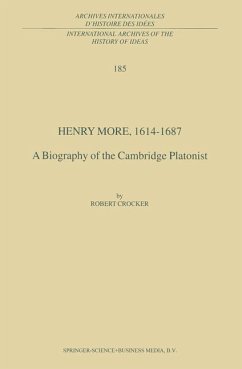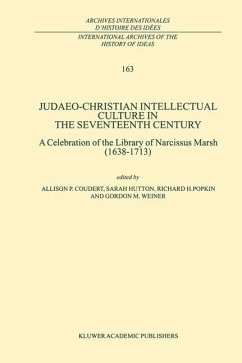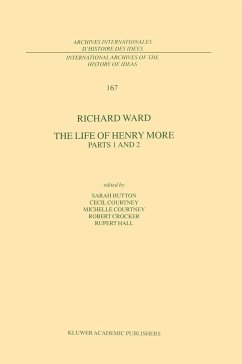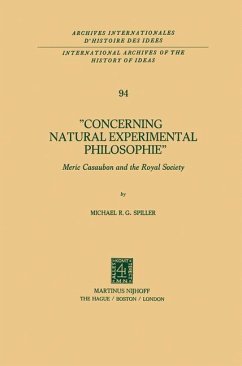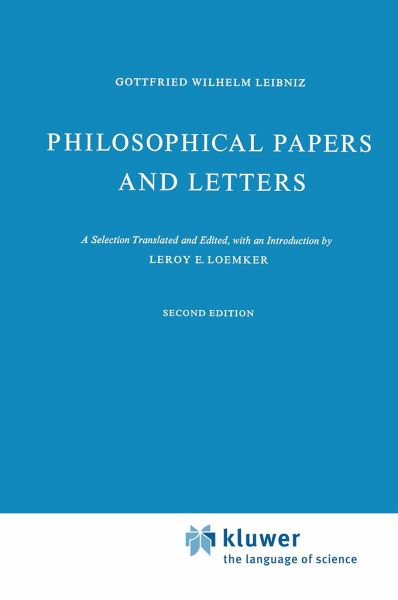
Philosophical Papers and Letters
A Selection
Übersetzung: Loemker, L.E.
Versandkostenfrei!
Versandfertig in 1-2 Wochen
292,99 €
inkl. MwSt.
Weitere Ausgaben:

PAYBACK Punkte
146 °P sammeln!
The selections contained in these volumes from the papers and letters of Leibniz are intended to serve the student in two ways: first, by providing a more adequate and balanced conception of the full range and penetration of Leibniz's creative intellectual powers; second, by inviting a fresher approach to his intellectual growth and a clearer perception of the internal strains in his thinking, through a chronological arrangement. Much confusion has arisen in the past through a neglect of the develop ment of Leibniz's ideas, and Couturat's impressive plea, in his edition of the Opuscu/es et fra...
The selections contained in these volumes from the papers and letters of Leibniz are intended to serve the student in two ways: first, by providing a more adequate and balanced conception of the full range and penetration of Leibniz's creative intellectual powers; second, by inviting a fresher approach to his intellectual growth and a clearer perception of the internal strains in his thinking, through a chronological arrangement. Much confusion has arisen in the past through a neglect of the develop ment of Leibniz's ideas, and Couturat's impressive plea, in his edition of the Opuscu/es et fragments (p. xii), for such an arrangement is valid even for incomplete editions. The beginning student will do well, however, to read the maturer writings of Parts II, III, and IV first, leaving Part I, from a period too largely neglected by Leibniz criticism, for a later study of the still obscure sources and motives of his thought. The Introduction aims primarily to provide cultural orientation and an exposition of the structure and the underlying assumptions of the philosophical system rather than a critical evaluation. I hope that together with the notes and the Index, it will provide those aids to the understanding which the originality of Leibniz's scientific, ethical, and metaphysical efforts deserve.





